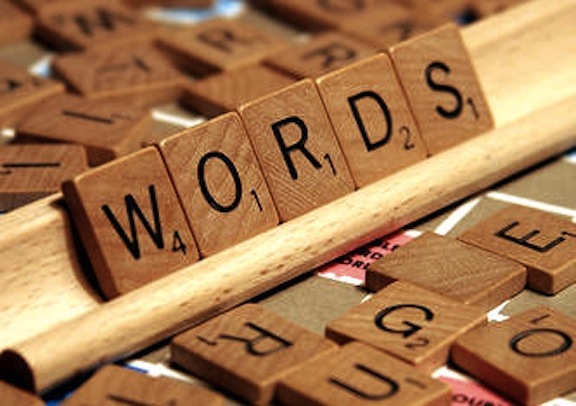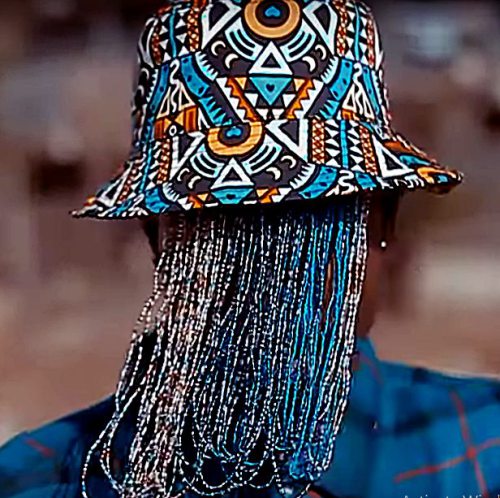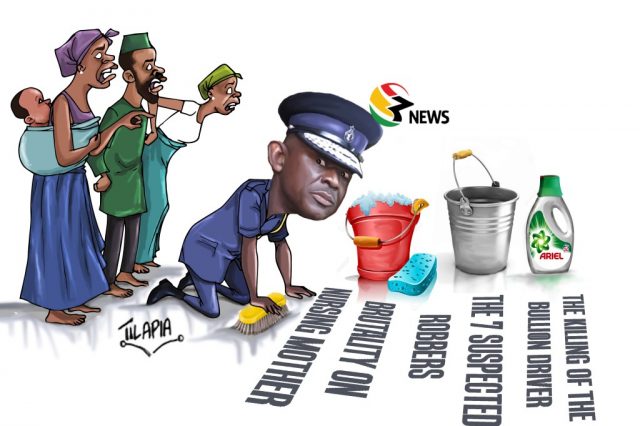Ei Kojo, e be your kiddies that? Yea, dem be Nii den Ayele. Nice! Ayele, te tɛɛ? Ma guy, dem no dey hear Ga ooo, e be blɛ pɛ dem know. How?!?! Man, I shock give you waaa. I dey beg make I do ma body prim pro small den talk you something… Despite the dearth of an ethnically unified linguistic identity of the Ghanaian, it is the case that, for a great many of us, our language is an essential component of our ethnic identity as well as a medium of expressing an authentic identity. The English language, though not indigenous to us, has also been instrumental in contexts of inter-ethnic communication and so on. For some time now, the preference for the English language over indigenous Ghanaian languages, even in homes, continues apace. Erroneously, for some, a child who is able to string few English words into intelligible phrases demonstrates the prospect of academic excellence in the future. It is even extremely baffling to exercise this thought of equating intellectual acuity to just linguistic ability. For others, speaking English guarantees their upward social mobility and licenses their ability to participate in international discourse. This tendency to project the English language over indigenous Ghanaian languages is getting deeply ingrained in the minds of many that even our beautiful indigenous names are rapidly acquiring English orthographic conventions. Abi you know Cwesi den Airlorm? Yea, e be dem nor I dey talk! Are we suggesting that our languages, an integral component of our culture, are valueless and should be allowed to die? Are we demonstrating that our languages have little to no role to play in our personal and national development? Why are we filled with awe when we hear foreigners speak our languages when we seem to see no need in maintaining them? What makes the situation even more disturbing is the fact that many of us are neither proficient in our indigenous languages nor are we, in the English language. So, who or where are we? We need to be cognizant of the fact that English is loosely linked to our true identity. Thus, to jettison our indigenous languages in favour of English is tantamount to divesting ourselves of that which is inalienable. This said, while others may assume that proficiency in local languages hinders one’s ability to use English, it is noteworthy that one’s impeccable proficiency in an indigenous language or a number of indigenous languages does not encumber their use of the English language. Of course, there may be linguistic interferences in terms of accent, among others, but these lack the potency to render one’s English unintelligible. In fact, there exist many people who are adequately proficient in three Ghanaian languages and the English language. The increasing preference for the English language and the apparent disregard for our own languages have resulted in many Ghanaian languages being rendered moribund while others are constantly inundated with borrowings from the English language, undermining the appreciable level of purity these local languages deserve. So, you see the yawa wey dey wena top? But chale, hope dey! Through music, we can maintain our languages and even revive those that are visibly comatose. Yes, through music! Let me add that there are eclectic media which may be functionally complementary in keeping our languages alive, but my insatiable appetite for trumpeting the invaluable effects of this eternal enterprise, music, fully accounts for my choice. In case you had the opportunity to learn nursery songs and rhymes in our indigenous languages, pause for a moment. Do you remember those lyrics? Ahaa!! The permanence of linguistic expressions enshrined in those songs and rhymes, the act of repeatedly singing these songs, not to talk of the thrill of enjoying the lovely melody, make practicing the language effortless. I see you are considering playing these songs and rhymes for the little ones in your home. Good! But I beg, make sure sey the language be indigenous. Now, you dey kai the Music and Cultural Festival annually organized by the Ghana Education Service? Yea, when we get to sing Bamaya, Kpalongo, Agbadza, Adowa songs and the like? I’m pretty sure you learned some expressions of your language while singing these songs, I lie? Won’t it be fun and fulfilling to balance your current playlist so that you can enjoy the soothing melodies and workout-inspiring rhythms of these songs on weekly or even monthly basis? Ahaa!!! You see, it’s not enough to watch music videos on social media and say, ‘rich culture’. Chale, we need to sing the songs, do the dances, and speak the languages. Abi you dey kai the lyrics of Ex Doe’s “Daavi Medekuku”? Baba Jama’s “Alahubaamu”? What about King Ayisoba’s “Sooba”? Eeehhmm this one, Klala’s “Nye he foo”? If you no know these ones, the next one dieerr you know am- AB Crenstil’s “Moses”! You see your life? And oh, Yaw Sarpong’s “Wo Haw Ne Sɛn”, you know am? Do you know that many people learn proverbs and several pieces of language units from our songs? For instance, as a basic Twi speaker, I learnt ‘di dwa’ from Ebony’s “Hustle”. We will talk about this song in our next chat. In the meantime, let’s continue our conversation on language maintenance. The numerous songs we have in our Ghanaian repertoire are replete with lyrics from our local languages, and I must indicate that it is interesting how our artistes impressively demonstrate their creativity at putting lyrics from indigenous languages together to make the songs to which we nod our heads and tap our feet. I for one find it extremely amazing and intriguing that indigenous languages are set to music with such finesse that it is almost impossible to spend a week without feeding my eardrums with at least a track. Chale, our music is good! Apart from the exhilarating effect, our music serves as our language-preserving cocoon. But, what happens if we fail to listen to and sing these songs in schools, mosques, churches, homes et cetera? We need to be far more deliberate in the choice of music in our daily lives. Dear friend, while we strive to be globally relevant and abreast with world events, we owe it to our true selves to sustain and project that which is ours, here, our languages. There’s certainly no need to transform our homes into English-speaking havens.

by Selikem Gotah
Southern Illinois University Carbondale | SIU · Department of Linguistics





